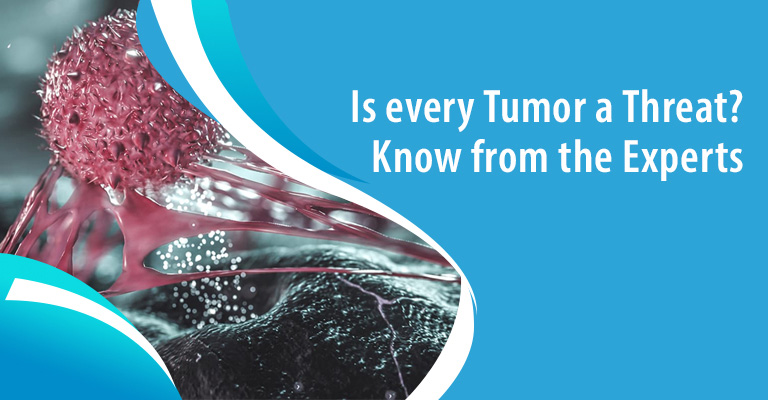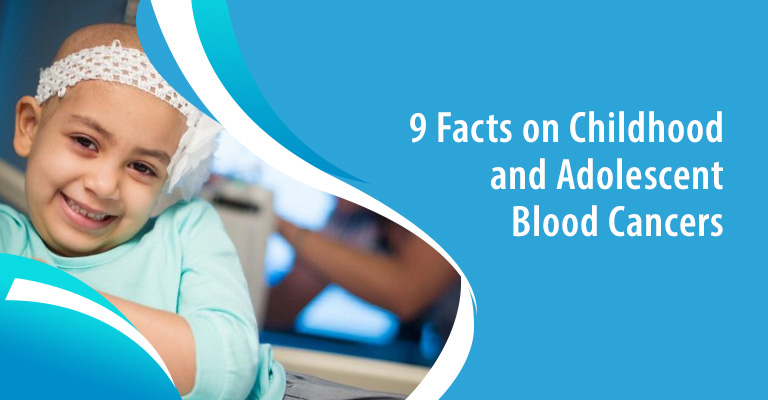The pancreas is present beneath the stomach and assists in the digestion process. In addition, it plays a vital role in metabolic homeostasis. The pancreas secretes several enzymes that help in digestion. It also releases hormones that regulate sugar levels in the blood. Pancreatic cancer initiates in the pancreatic cells. Most commonly, cancer develops in the ducts that carry the digestive enzymes from the pancreas. Unfortunately, most patients do not have early symptoms of pancreatic cancer, resulting in its diagnosis in the advanced stage.
Medica’s oncology department excels in providing world-class cancer treatment driven by their collective clinical excellence of over 30+ years. With a multidisciplinary approach to treating all types and forms of cancer, our oncologists and onco-surgeons are supported by the latest cancer treatment technologies along with a team of highly-skilled reconstructive surgeons who deliver extensive treatment to all of our patients, adults and children alike.









